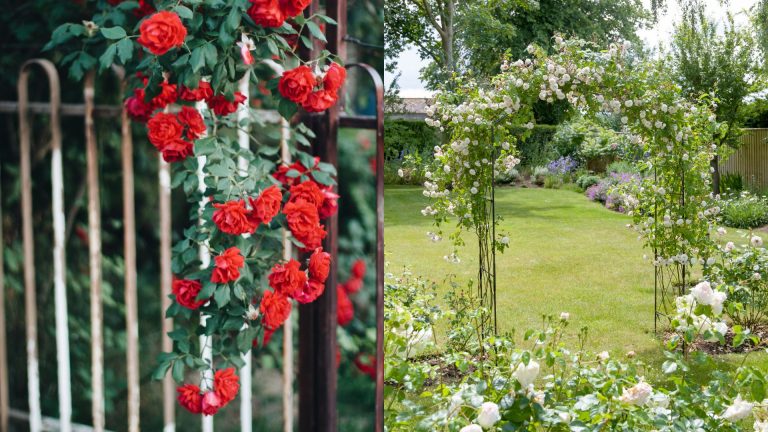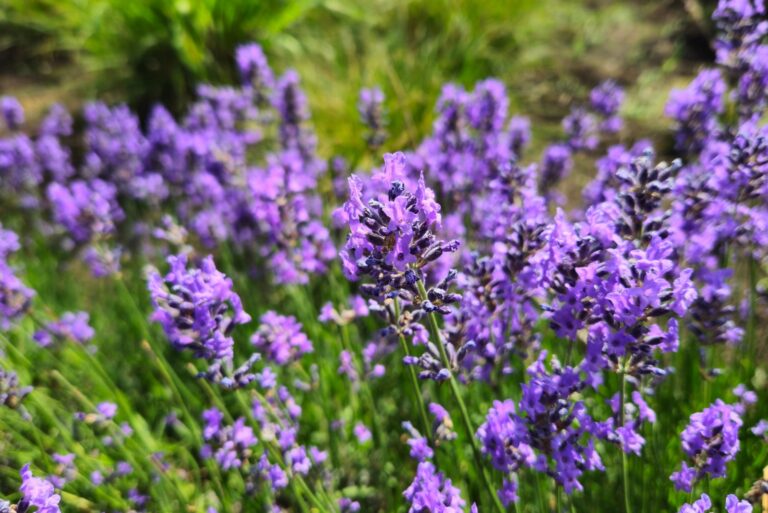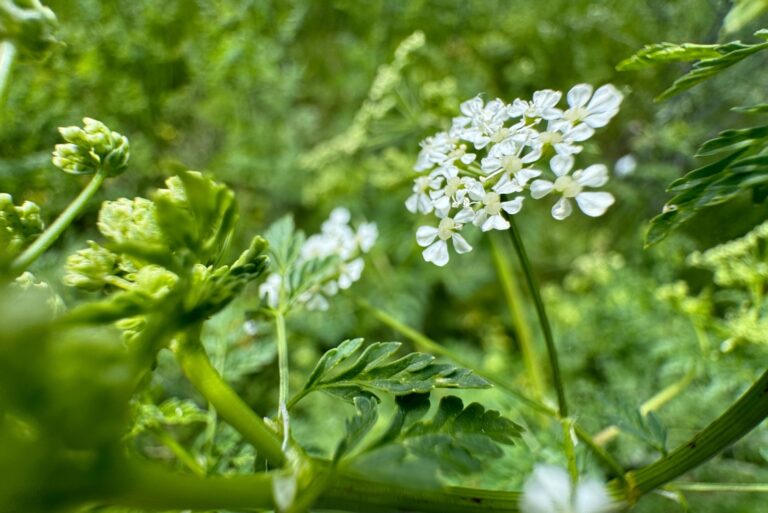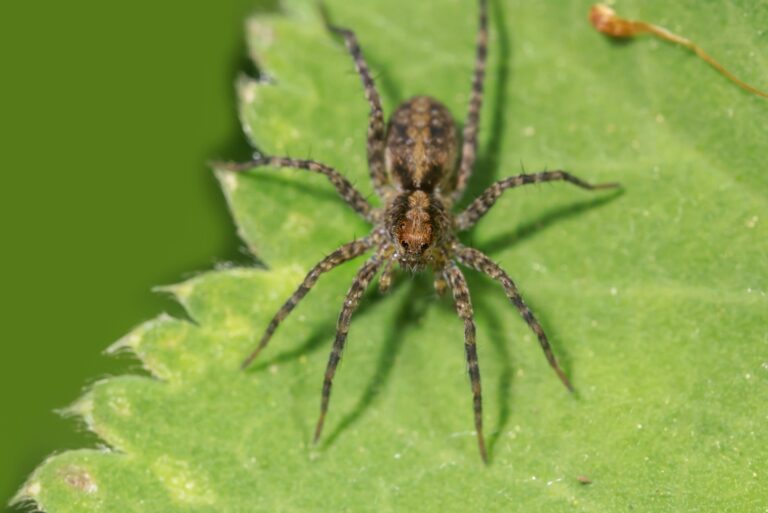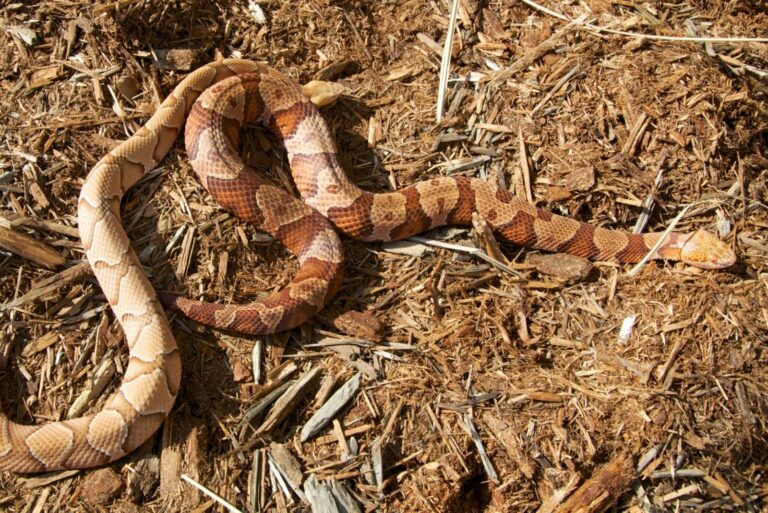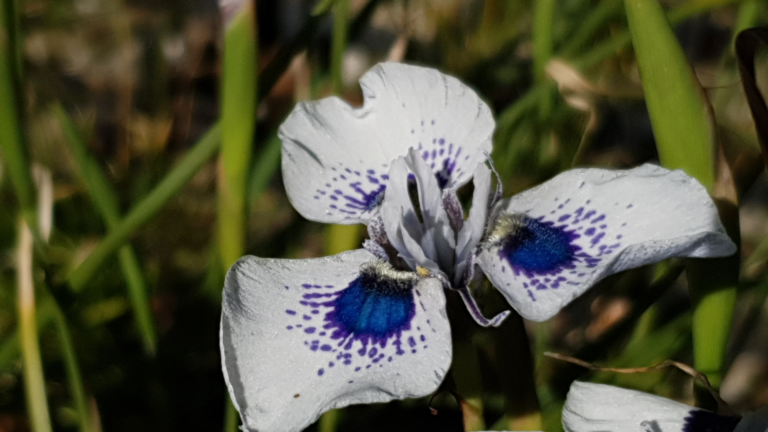Do Garden Seeds Really Expire?
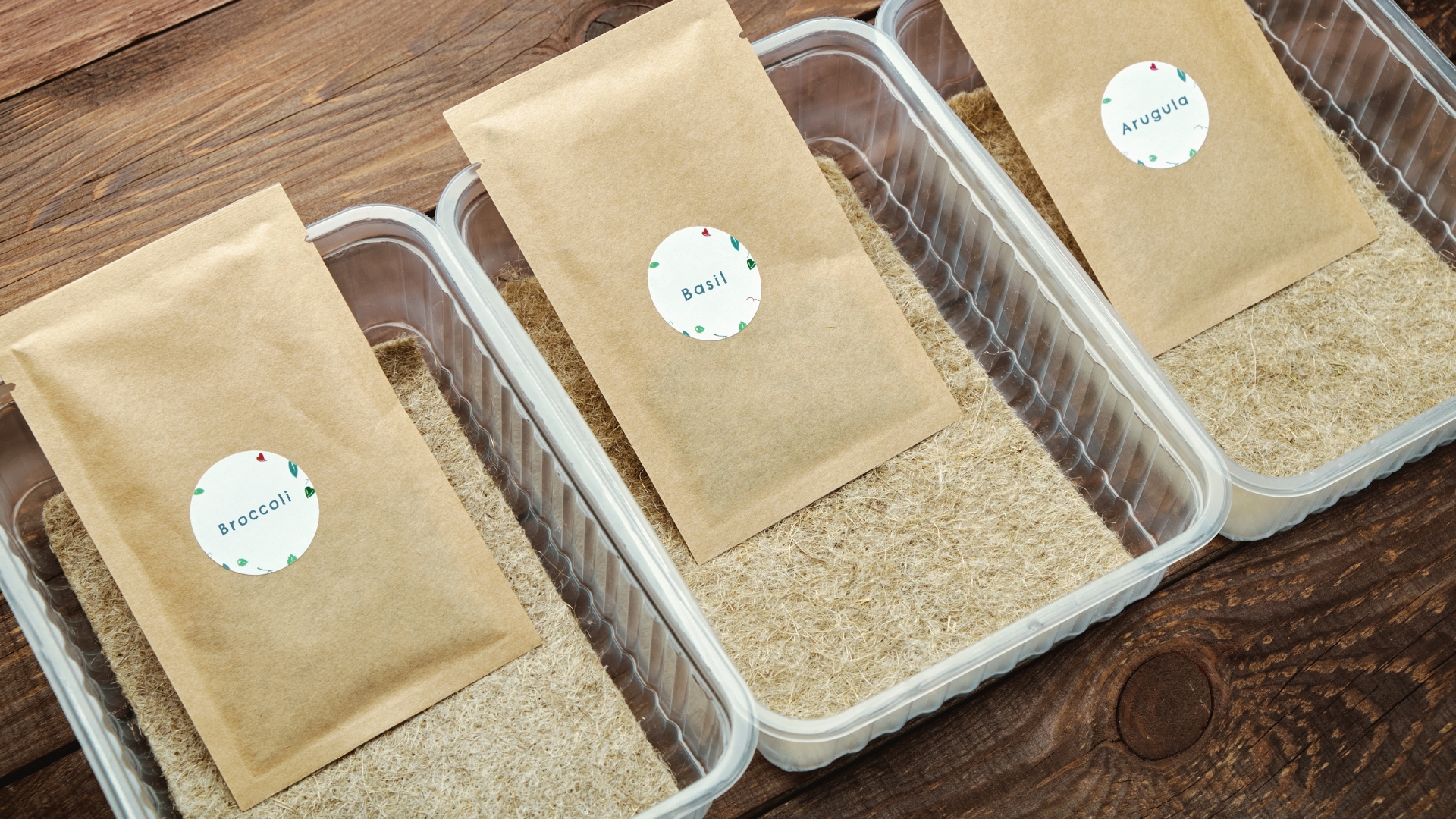
It’s that time of the year when everything is about seeds and the beginning of the growing season, at least for gardening enthusiasts.
Many of us rush to garden centers to buy seeds, and we check our storage to see what we already have.
I’m sure many of you have looked at your seed packages and wondered if garden seeds expire. It’s pretty tricky to answer this question, and understanding seeds is essential.
Let’s take a look!
The Answer
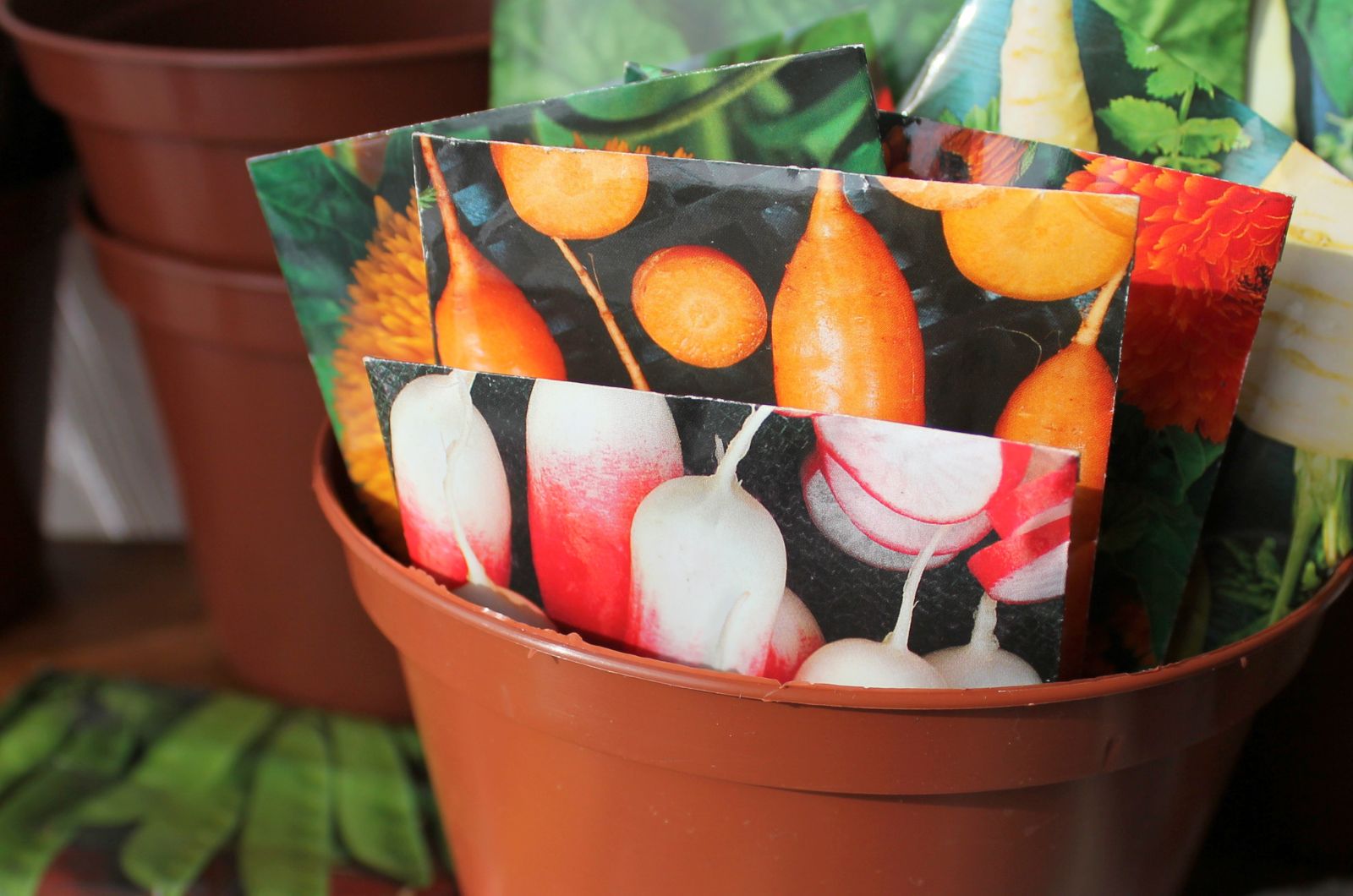
Yes and no! You may hate this phrase, but when it comes to seeds, that’s the only possible answer.
The expiration date of your seeds mainly depends on the type of seeds you use and the way they’re stored.
For instance, some plants, such as celery, tomatoes, beets, and species from the Brassica family, have long-lasting seeds and their estimated viability is five years.
The seeds of peppers, basil, corn, and legumes don’t last as long – 2-4 years max.
Finally, we have seeds that aren’t viable after a year, such as spinach, parsley, and onions.
Remember that these are the general guidelines and the way you store your seeds can either prolong or shorten their viability.
How To Make Garden Seeds Last Longer
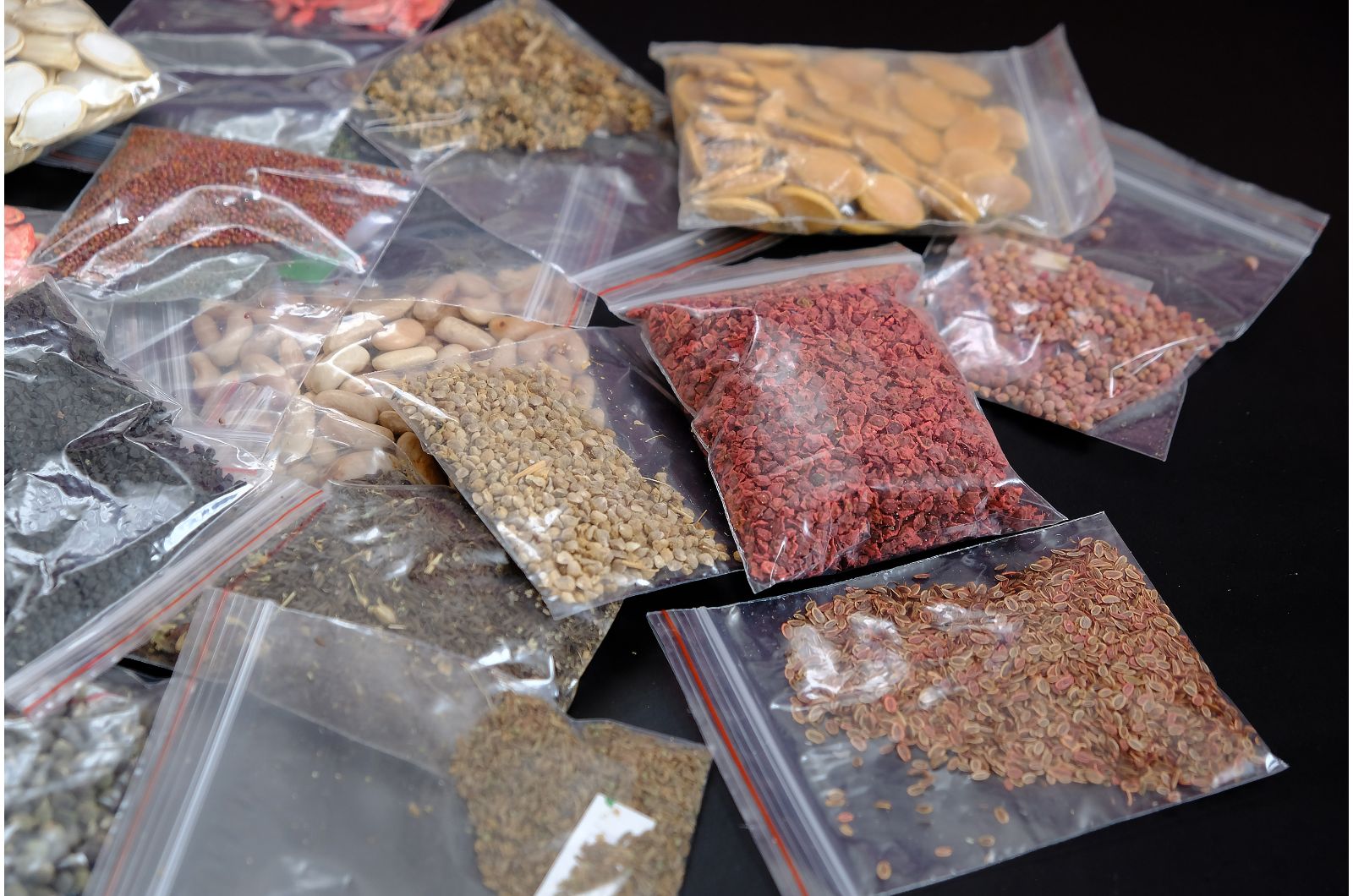
If you want your seeds to last longer, there are a few factors you should consider. First, you need to maintain correct moisture levels around the seeds.
For example, if moisture levels are too high, seeds will most likely become moldy. On the other hand, if there isn’t enough moisture, your seeds are less likely to germinate.
The seeds that don’t receive enough moisture are referred to as hard seeds and it takes more effort to make them germinate, but they can last up to 10 years.
If you’re collecting seeds from your garden plants, it’s essential to do it when they’re fully dry on the plant.
Once you collect them from your plant, the next step is to clean them thoroughly and put them in a warm and dry location for a few weeks.
If you have some hard seeds, make sure to leave them in the oven for approximately 6 hours at a temperature of 100 degrees Fahrenheit.
After they’re dry, I highly recommend putting them in paper envelopes or glass containers. Plastic bags aren’t a good option because they trap moisture which could cause mold.
A Germination Test Can Help You Determine Viability
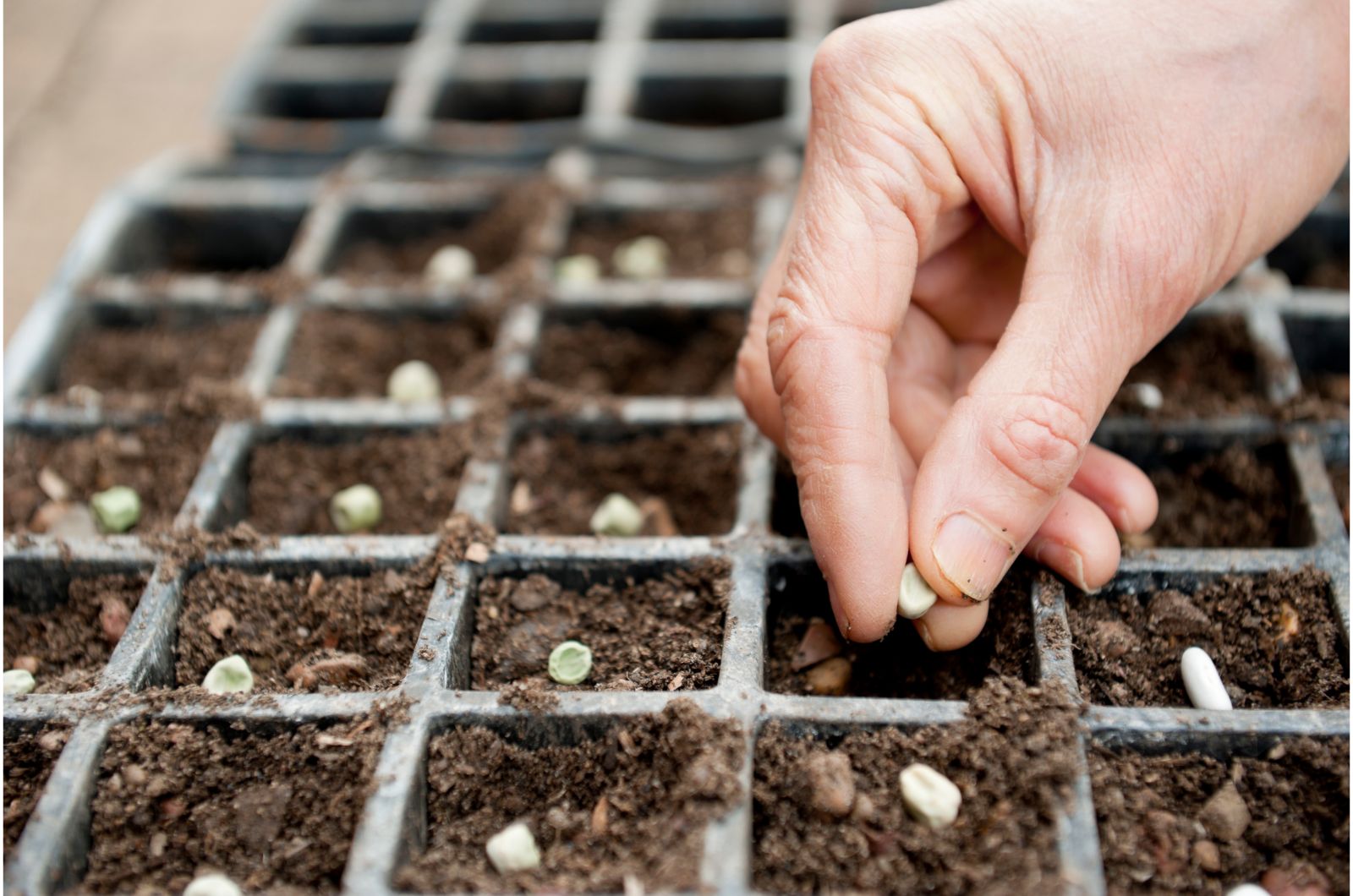
If you have some seeds in your storage and you aren’t sure if they’re viable, there’s one simple technique to check it.
Take about 10 seeds from the package and put them on a damp paper towel. The next step is to place them in a plastic bag and keep them in a warm location for up to 10 days.
Now check the number of seeds that have sprouted within these 10 days. If there are 5 sprouts, there’s a probability that 50% of the seeds in that package are viable.
The good news is that this technique works well for both flowering and garden plant species. You can do this test in winter and have results before planting your garden in spring.
If the majority of the seeds in your package are viable, you don’t have to use them all at once. But you should know that their viability typically decreases every year.

